
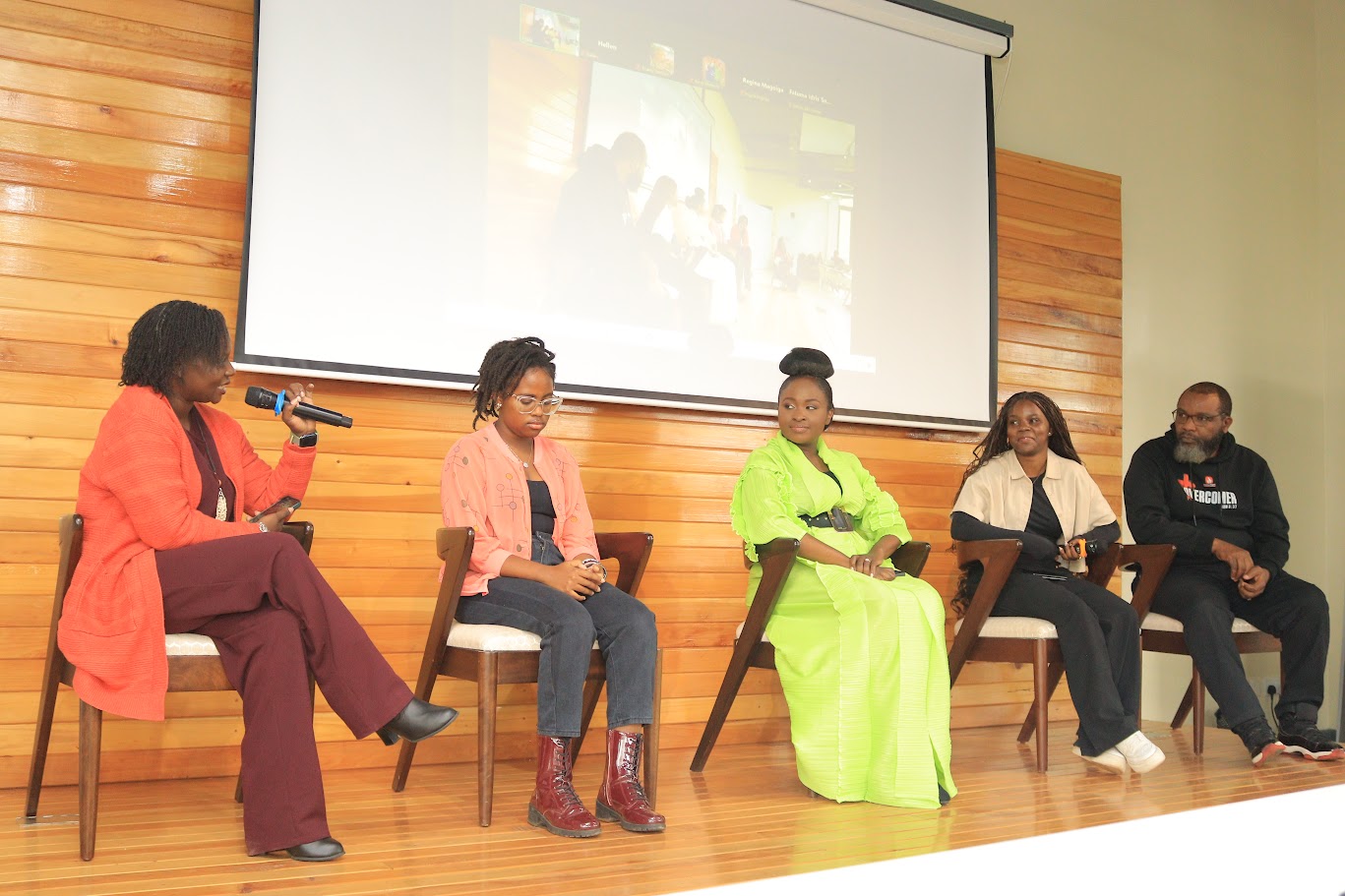 The panelists during the #Tusinormalizeissues Brunch Debate hosted by Faith to Action Network, under the theme “Faith and Teenage Pregnancy: Changing the Story.” [PHOTO: CHRISTOPHER MBITI]
The panelists during the #Tusinormalizeissues Brunch Debate hosted by Faith to Action Network, under the theme “Faith and Teenage Pregnancy: Changing the Story.” [PHOTO: CHRISTOPHER MBITI]Faith and youth leaders, alongside top media personalities, gathered at iHub Nairobi on Wednesday for the #Tusinormalizeissues Brunch Debate hosted by Faith to Action Network, under the theme “Faith and Teenage Pregnancy: Changing the Story.”
The interactive forum brought together religious figures,
influencers, and youth advocates to confront the rising cases of teenage
pregnancy in Kenya through candid, faith-based dialogue.
The event forms part of the Interfaith Adolescent Health Hub
Project, which is being implemented in Kilifi and Migori counties—regions
reporting alarming teenage pregnancy rates of up to 71% and 80%, respectively.
Moderated by journalist Rawder Kidula, the high-energy
discussion featured renowned personalities including DJ Soxxy, Mercy Masika,
Fredrick Muitiriri, Anthony Ndiema, and Lofty Matambo.
Together, they challenged faith institutions to confront the topic of adolescent sexuality with openness rather than silence.
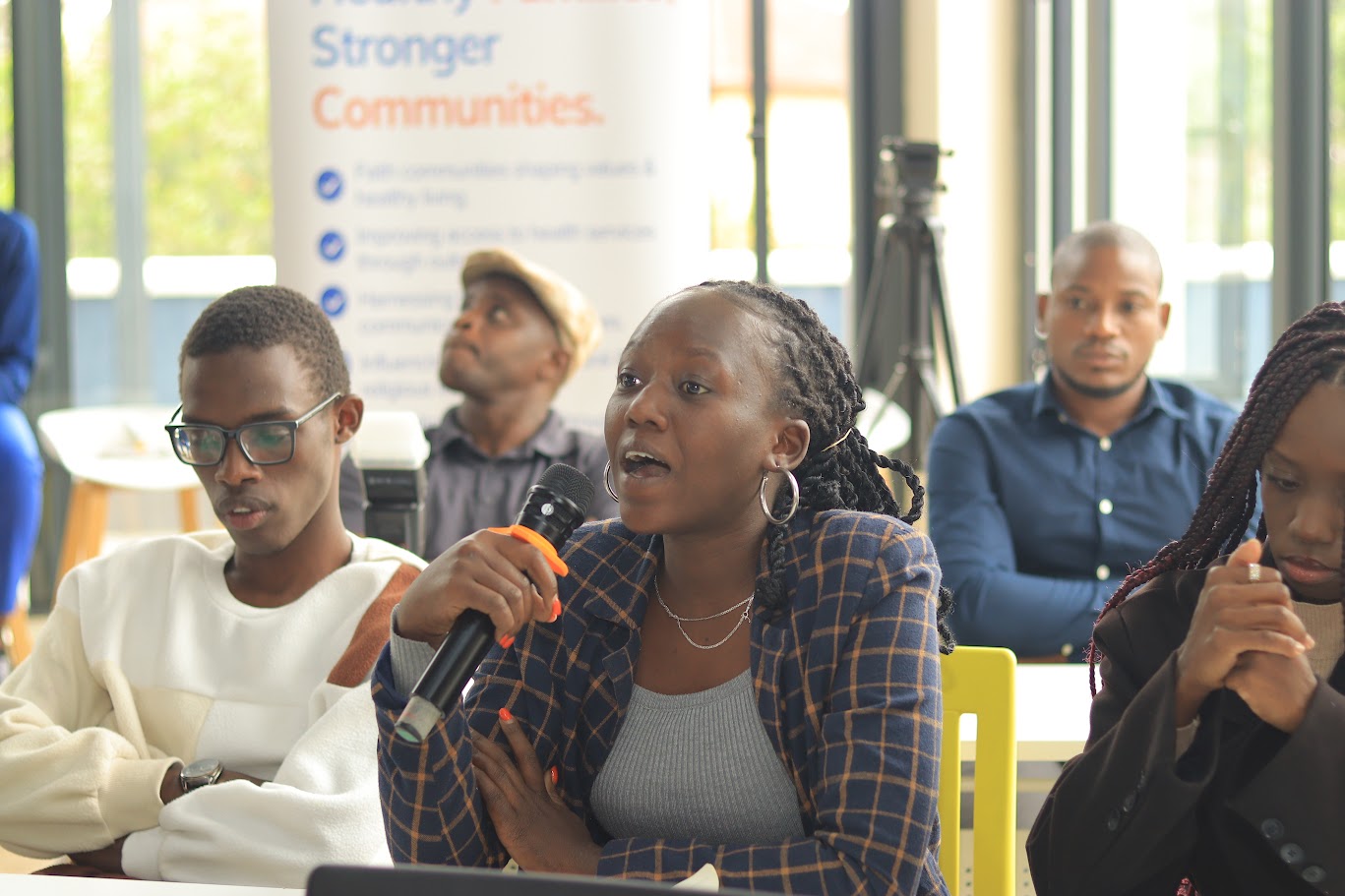
“Teenage pregnancy is bad. I was married off at 14. I
thought I was going for a beauty treatment, unaware it was preparation for my
wedding,” shared Sada Mwajuma, a survivor and youth advocate from Migori
County.
“When I tried to
report it to the chief, I found him at my wedding, sharing a meal with my
parents.”
The debate focused on breaking cultural taboos and
rethinking how parents, teachers, and faith leaders approach conversations
about sexuality.
Speakers urged parents to begin open, age-appropriate discussions with their children early, emphasizing honesty and information over fear.
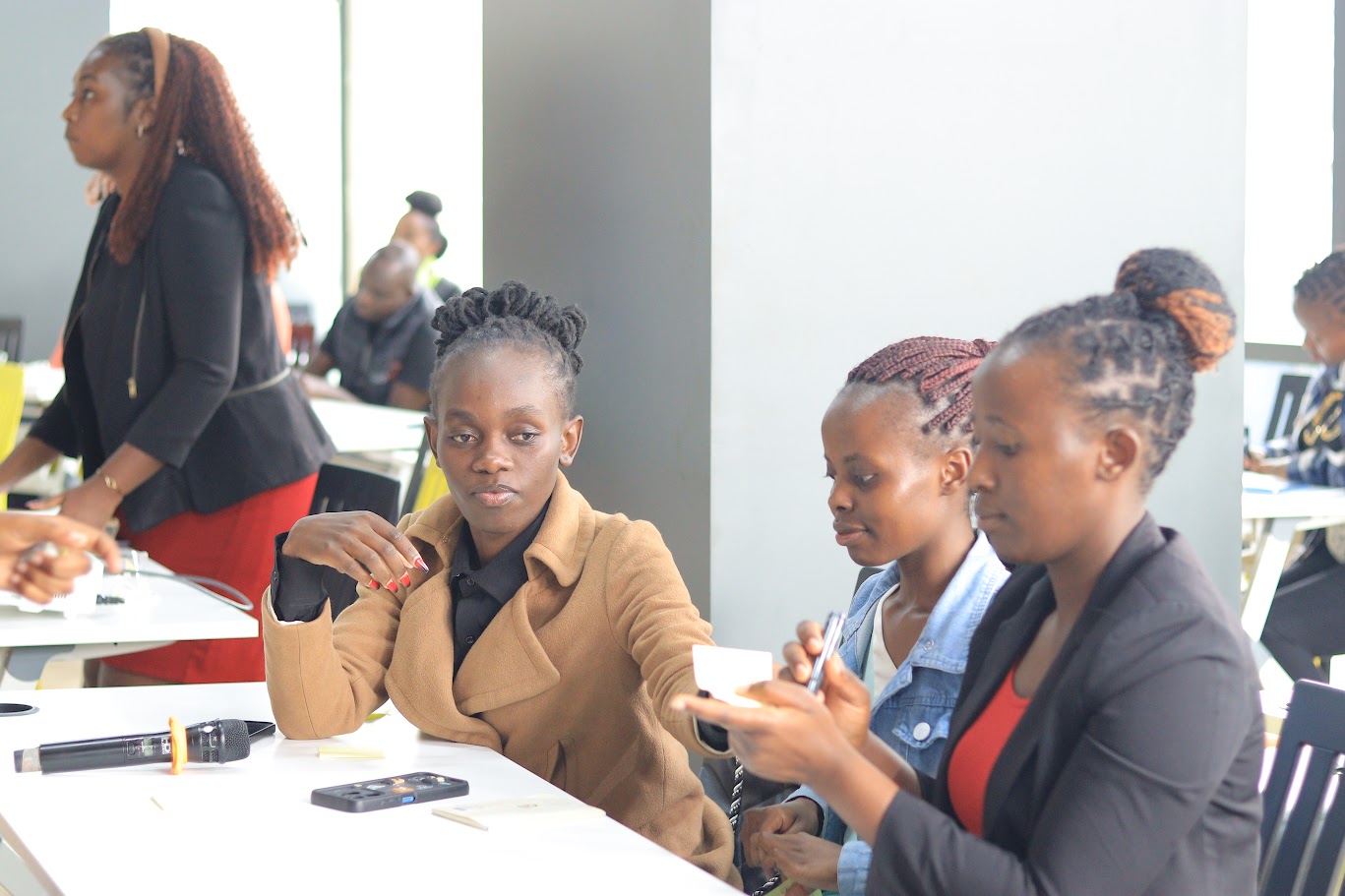
“You have to begin to talk to your children from a very
young age because of the exposure they have,” said Kidula, one panelist.
“When we give them
information early, they can make informed choices. Even when they make
mistakes, they’ll still come back to us.”
Social media emerged as a dominant theme in the conversation, with speakers warning about its role in shaping young people’s attitudes toward relationships and sexuality.
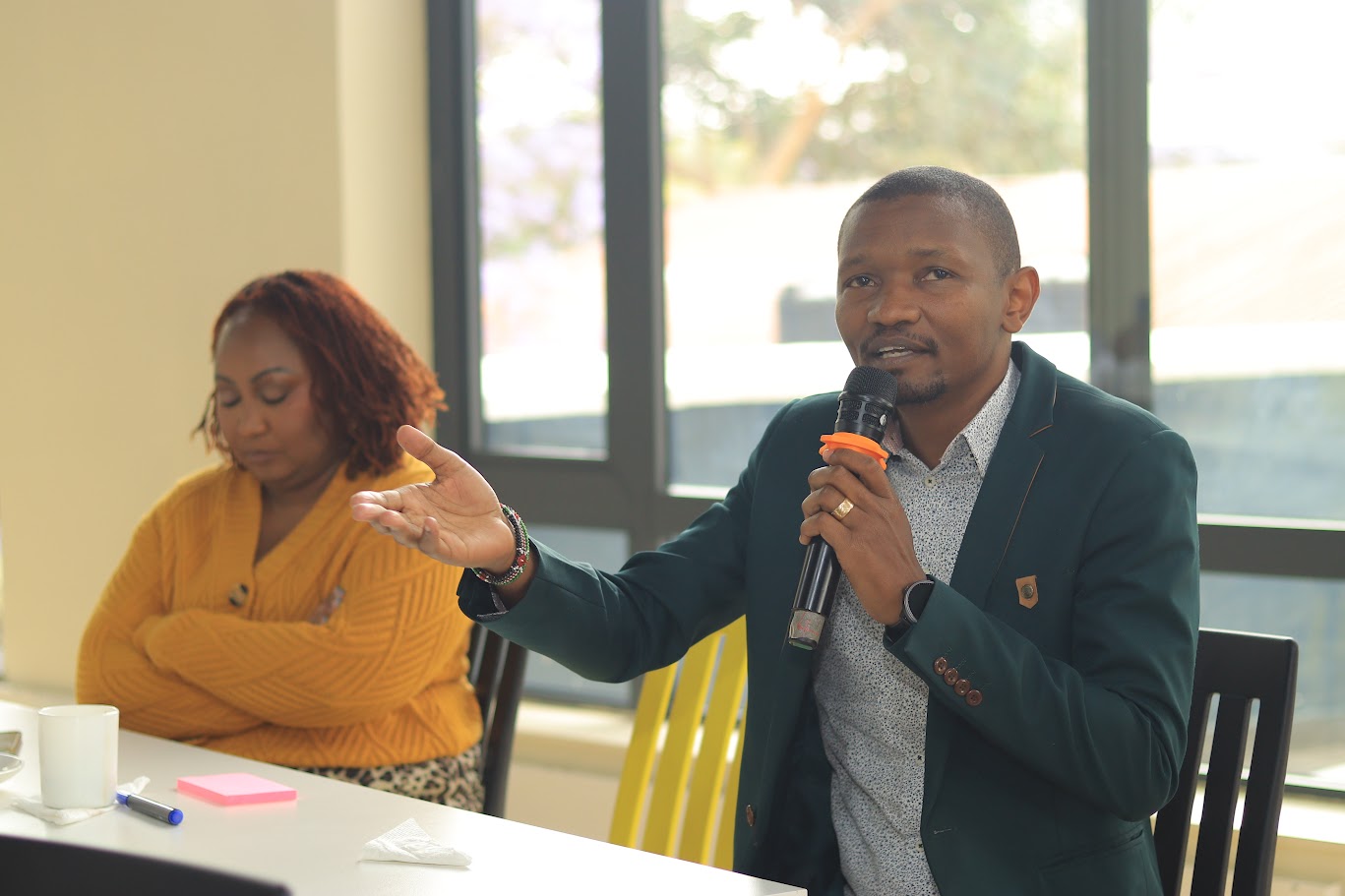
“Social media has compounded both the good and the bad,”
said DJ Soxxy.
“Many parents have
ignored that space, thinking it’s just for young people, but that’s where a lot
of these pressures are coming from.”
Parents in attendance shared personal experiences about
discussing puberty, consent, and relationships with their children.
Muitiriri said he began talking to her daughter about sex at
age 8, focusing on respect, responsibility, and body awareness.
“We tell them that sex is good—but at the right time,” he said.
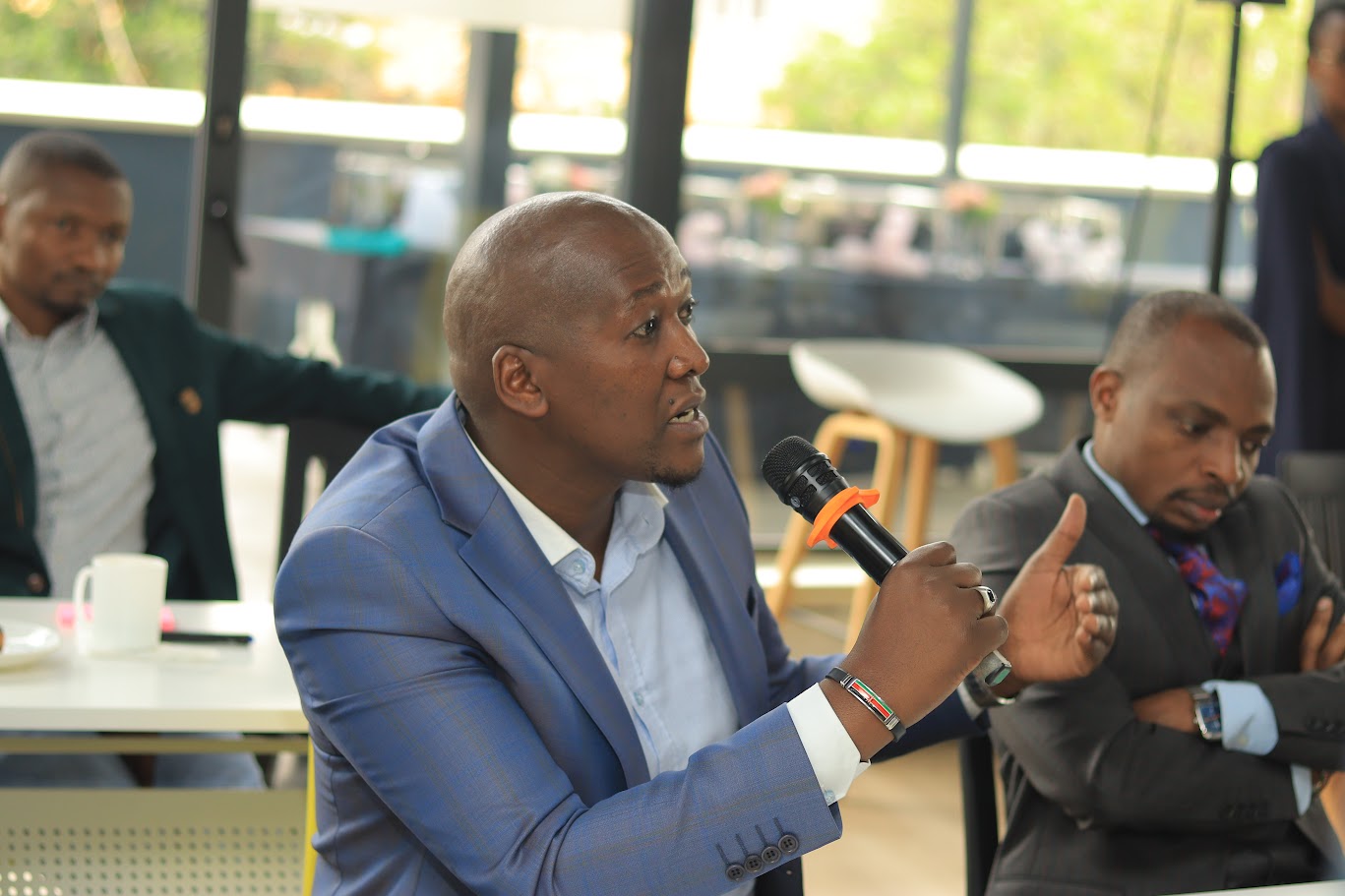
“It’s not because we are church people; it’s because we want
them to understand it’s part of life and should be approached responsibly.”
Faith leaders also reflected on the need for a collective
response that involves parents, the church, and the wider community.
“We must stop treating conversations about sex as shameful,”
Masika noted.
“Faith should empower us to tell the truth with love, not silence the discussion.”
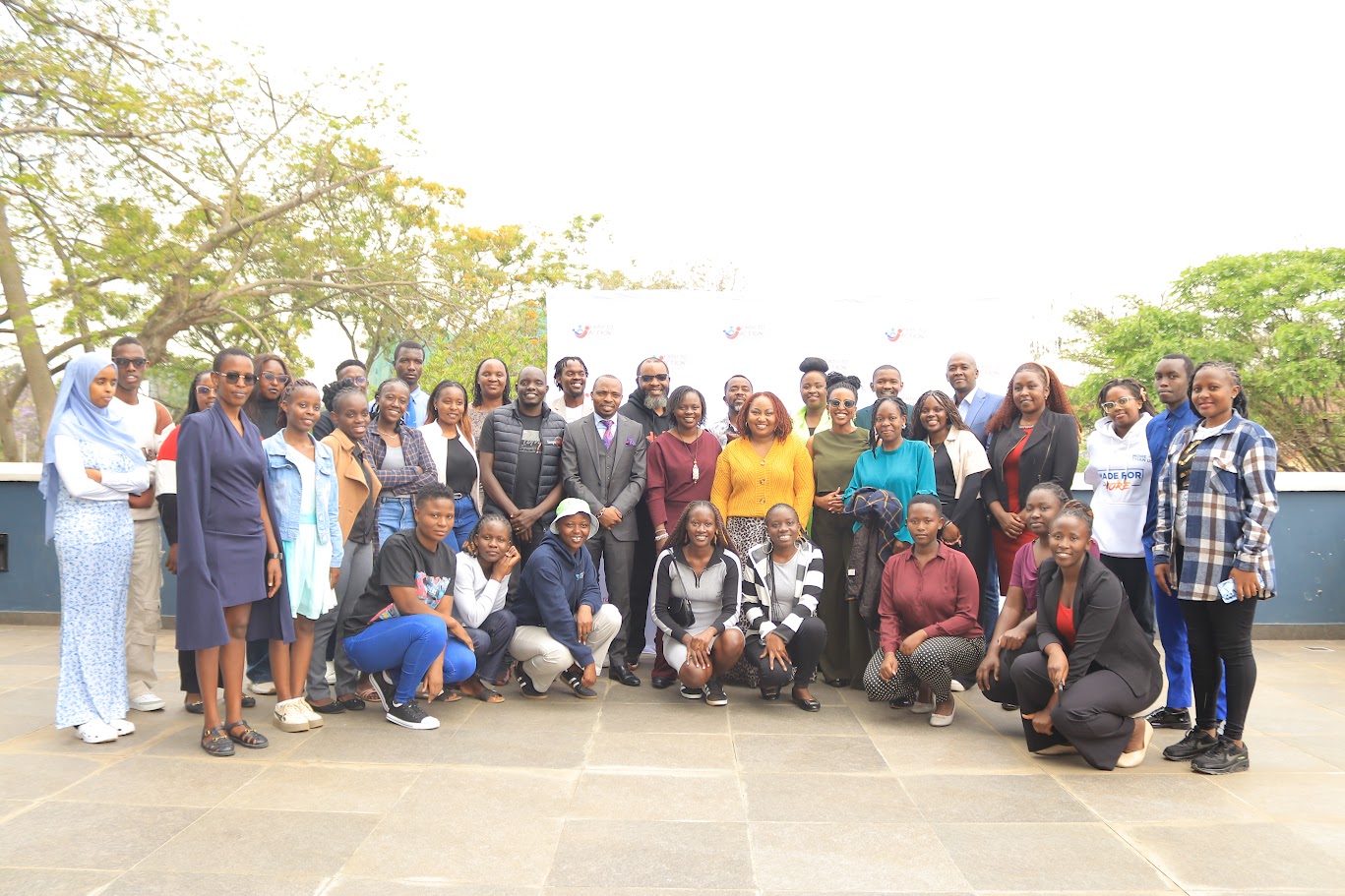
Faith to Action Network, a global southern-led,
southern-based interfaith network that works with more than 215 faith-led institutions
across 34 countries.
The organization promotes family health and well-being,
gender justice, and women's right,s and promotes peaceful, just and inclusive
communities.













